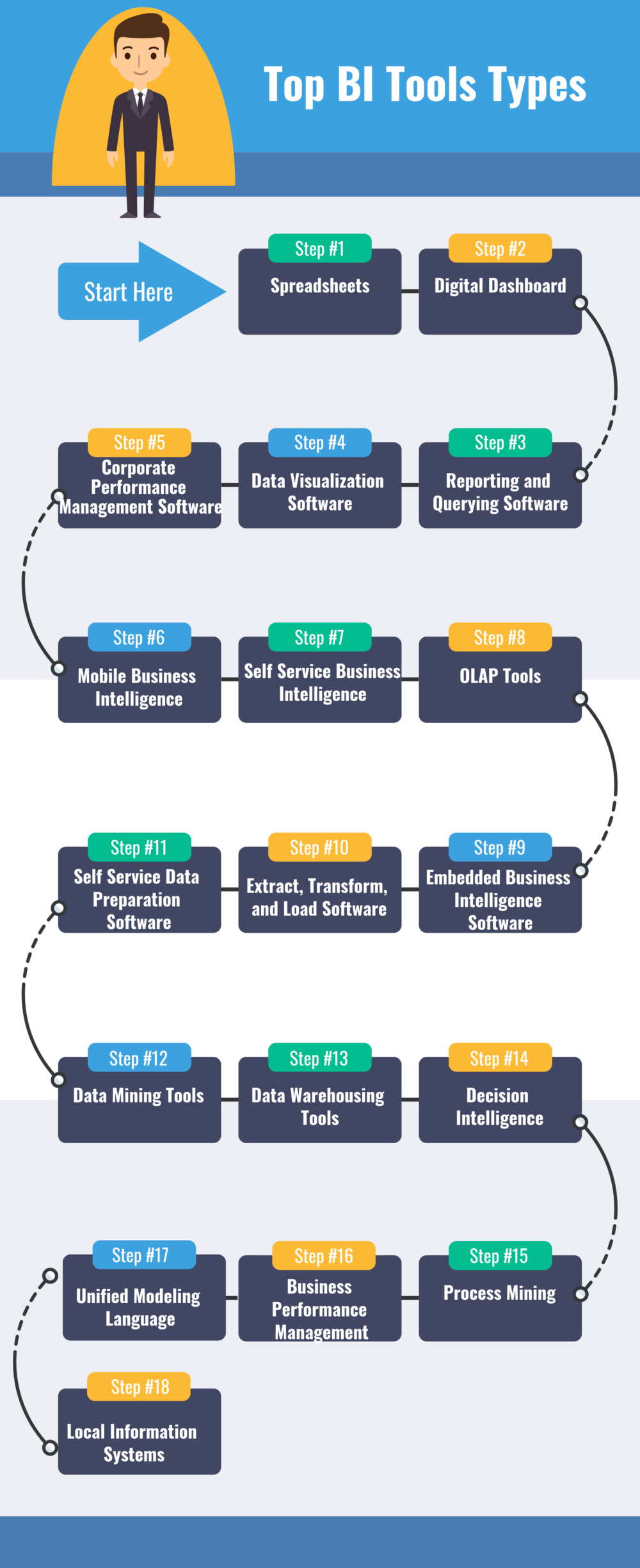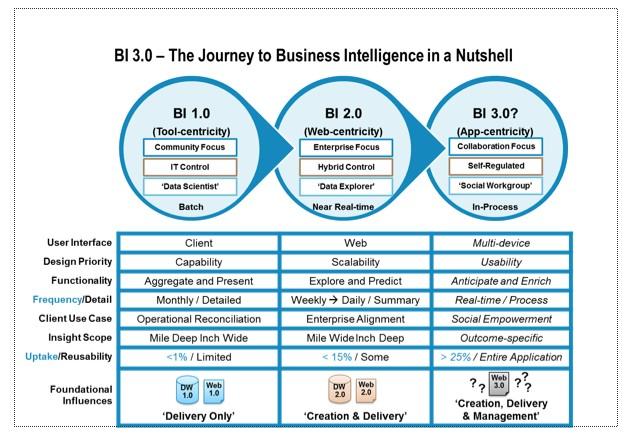Introduction
When two vehicles collide on the road, even at low speeds, the impact can often result in injuries. Minor car accidents can cause a range of ailments, from minor bumps and bruises to more serious sprains, strains, and concussions. While these injuries may not be life-threatening, they can still be quite painful and disruptive to your life.
Common Minor Car Accident Injuries
The most common injuries sustained in minor car accidents include:
-
Whiplash: This is a neck injury that occurs when the head is suddenly jerked backward and forward, as can happen in a rear-end collision. Symptoms of whiplash can include neck pain, stiffness, headaches, and dizziness.
-
Back pain: Back pain is another common injury in minor car accidents. The impact of the collision can put a lot of stress on the spine, leading to pain, stiffness, and muscle spasms.
-
Headaches: Headaches are often a symptom of whiplash or other neck injuries, but they can also be caused by the impact of the accident itself.
-
Concussion: A concussion is a mild traumatic brain injury that can occur when the head is hit or jarred. Symptoms of a concussion can include headache, nausea, vomiting, dizziness, and confusion.
-
Cuts and bruises: These are the most minor type of injury that can occur in a car accident, but they can still be painful and unsightly.
What to Do After a Minor Car Accident
If you have been involved in a minor car accident, it is important to take the following steps:
-
Pull over: If possible, pull over to the side of the road and turn on your hazard lights.
-
Check for injuries: Check yourself and your passengers for injuries. If you or anyone else is injured, call 911 immediately.
-
Exchange information: If you are able, exchange information with the other driver(s) involved in the accident, including your name, address, phone number, insurance information, and license plate numbers.
-
Take photos: If possible, take photos of the accident scene, including the damage to both vehicles.
-
File a police report: It is always a good idea to file a police report after a car accident, even if it is a minor one. This will help to document the accident and protect your rights.
How to Avoid Minor Car Accident Injuries
There are a number of things you can do to avoid being injured in a minor car accident:
-
Wear your seatbelt: This is the single most important thing you can do to protect yourself in a car accident.
-
Drive defensively: Be aware of your surroundings and drive defensively to avoid accidents. This means driving at a safe speed, following the speed limit, and being aware of other drivers.
-
Avoid distractions: Distracted driving is one of the leading causes of car accidents. When you are driving, put away your phone and focus on the road.
-
Get regular maintenance: Make sure your car is in good working order to avoid mechanical problems that could lead to an accident.
Conclusion
Minor car accidents are a common occurrence, but they can still be quite painful and disruptive to your life. By taking the steps outlined above, you can help to avoid being injured in a minor car accident and protect your rights if you are involved in one.
Minor Car Accident Injuries
Minor car accidents are a common occurrence, and while they may not seem serious at first, they can still result in injuries that require medical attention. The most common injuries sustained in minor car accidents are whiplash, sprains, strains, cuts, and bruises. While these injuries may not be life-threatening, they can still be painful and debilitating, and they can take weeks or even months to heal. If you’ve been involved in a minor car accident, it’s important to seek medical attention as soon as possible to rule out any serious injuries and to get treatment for your minor injuries.
Whiplash
Whiplash is a neck injury that occurs when the head is suddenly jerked back and forth. This can happen in a car accident when the vehicle is struck from behind. Whiplash can cause a variety of symptoms, including neck pain, stiffness, headaches, dizziness, and fatigue. In most cases, whiplash symptoms will resolve within a few weeks, but in some cases, they can last for months or even years. If you’re experiencing any of the symptoms of whiplash after a car accident, it’s important to see a doctor to get a diagnosis and treatment plan.
Sprains
Sprains are injuries to the ligaments, which are the tough bands of tissue that connect bones together. Sprains can occur when a ligament is stretched or torn. This can happen in a car accident when the body is jolted or twisted. Sprains can cause pain, swelling, and bruising. Depending on the severity of the sprain, it may take several days or weeks to heal. In most cases, sprains can be treated with rest, ice, compression, and elevation. However, if the sprain is severe, surgery may be necessary.
Strains
Strains are injuries to the muscles or tendons, which are the tough cords of tissue that connect muscles to bones. Strains can occur when a muscle or tendon is stretched or torn. This can happen in a car accident when the body is jolted or twisted. Strains can cause pain, swelling, and bruising. Depending on the severity of the strain, it may take several days or weeks to heal. In most cases, strains can be treated with rest, ice, compression, and elevation. However, if the strain is severe, surgery may be necessary.
Cuts and Bruises
Cuts and bruises are the most common minor injuries sustained in car accidents. Cuts are caused by sharp objects, while bruises are caused by blunt force trauma. Cuts and bruises can be painful, but they usually heal quickly without any complications. However, if a cut is deep or if a bruise is accompanied by swelling or bruising, it’s important to see a doctor to rule out any underlying injuries.
Minor Car Accident Injuries: What You Need to Know
Been in a minor car accident? Wondering if you’re injured? It’s essential to be aware of the possible injuries that can occur, even in seemingly minor fender-benders. While some injuries, like broken bones or lacerations, are immediately apparent, others may be more subtle and take time to manifest. Knowing what to look for can help you get the medical attention you need promptly.
Symptoms of Minor Injuries
The symptoms of minor car accident injuries can vary depending on the severity of the impact and the part of the body affected. Here are some common symptoms to watch out for:
– Pain: This is the most common symptom of a minor car accident injury. Pain can range from mild soreness to sharp, throbbing pain.
– Stiffness: After a car accident, your muscles may become stiff and tight, making it difficult to move the affected area.
– Swelling: Swelling is another common symptom of a minor car accident injury. It can occur in the affected area and the surrounding tissues.
– Bruising: Bruising is caused by bleeding under the skin. It can appear as a black, blue, or purple discoloration of the skin.
– Difficulty moving the affected area: If you have difficulty moving the affected area, it could be a sign of a more serious injury, such as a fracture or dislocation.
When to Seek Medical Attention
Not all minor car accident injuries require medical attention. However, it’s essential to see a doctor if you experience any of these symptoms:
– Severe pain that does not improve with rest or over-the-counter pain relievers.
– Numbness or tingling in the affected area.
– Difficulty moving the affected area.
– Swelling that is increasing or does not improve with rest and elevation.
– Bruising that is large or spreading.
Treatment for Minor Injuries
The treatment for minor car accident injuries will depend on the type and severity of the injury. Common treatments include:
– Rest: Resting the injured area can help to reduce pain and swelling.
– Ice: Applying ice to the injured area can help to reduce pain and swelling.
– Compression: Compressing the injured area can help to reduce swelling.
– Elevation: Elevating the injured area above the level of your heart can help to reduce swelling.
– Over-the-counter pain relievers: Over-the-counter pain relievers, such as ibuprofen or acetaminophen, can help to relieve pain and inflammation.
Preventing Minor Injuries
There are several things you can do to help prevent minor car accident injuries, including:
– Wearing a seatbelt: Wearing a seatbelt is the most effective way to prevent injuries in a car accident.
– Driving defensively: Driving defensively means paying attention to the road, obeying the speed limit, and avoiding distractions.
– Maintaining your vehicle: Keeping your vehicle in good condition can help to prevent accidents and reduce injuries in the event of a crash.
– Avoiding driving under the influence of alcohol or drugs: Driving under the influence of alcohol or drugs is a major cause of car accidents and injuries.
Minor Car Accident Injuries: What to Do
Being involved in a car accident, even a minor one, can be a scary and stressful experience. Even if you don’t feel injured immediately, it’s important to be aware of the potential for minor injuries that may not show up right away. These injuries can range from whiplash and sprains to headaches and dizziness. While they may not seem serious at first, they can still cause pain and discomfort and, if left untreated, can lead to more serious problems down the road.
Treatment for Minor Injuries
The good news is that most minor car accident injuries can be treated at home with rest, ice, compression, and elevation (RICE). Over-the-counter pain relievers, such as ibuprofen or acetaminophen, can also help to reduce pain and inflammation. If your pain is severe or does not improve with home treatment, it’s important to see a doctor to rule out any more serious injuries.
Common Minor Car Accident Injuries
Some of the most common minor car accident injuries include:
- Whiplash: This is a neck injury that occurs when your head is suddenly jerked back and forth. Symptoms of whiplash can include neck pain, stiffness, and headaches.
- Sprains: Sprains are injuries to ligaments, the tough bands of tissue that connect bones. Symptoms of a sprain can include pain, swelling, and bruising.
- Headaches: Headaches are a common symptom of minor car accidents. They can be caused by the impact of the accident or by muscle tension.
- Dizziness: Dizziness is another common symptom of minor car accidents. It can be caused by the impact of the accident or by inner ear damage.
Preventing Minor Car Accident Injuries
There are a number of things you can do to help prevent minor car accident injuries, including:
- Wear your seatbelt: Seatbelts are the most effective way to prevent injuries in a car accident. They keep you in place and prevent you from being thrown around the vehicle.
- Drive defensively: Pay attention to the road and be aware of other vehicles around you. This will help you to avoid accidents.
- Keep your car in good condition: Make sure your tires are properly inflated and your brakes are working properly.
When to See a Doctor
If you experience any of the following symptoms after a minor car accident, it’s important to see a doctor:
- Severe pain
- Pain that does not improve with home treatment
- Numbness or tingling
- Weakness
- Dizziness or confusion
These symptoms could be a sign of a more serious injury that requires medical attention.
Minor Car Accident Injuries: What to Expect and How to Recover Quickly
If you’ve been in a car accident, even a minor one, it’s important to be aware of potential injuries. While not all accidents result in serious injuries, minor ones can still leave you feeling sore, stiff, and uncomfortable. Here’s what you need to know about minor car accident injuries and how to recover quickly.
What are common minor car accident injuries?
Some common minor car accident injuries include:
- Whiplash: This is a neck injury that commonly occurs when your head is suddenly jerked forward and back during a rear-end collision.
- Back pain: Back pain is another common minor car accident injury, often resulting from the impact of the collision or the jarring motion of the vehicle.
- Bruises and cuts: These are minor injuries that typically heal within a few days with proper care.
- Sprains and strains: Sprains and strains are also common minor car accident injuries that can occur when muscles or ligaments are overstretched or torn.
- Headaches: Headaches are another common symptom of minor car accident injuries. They can be caused by the impact of the collision, the jarring motion of the vehicle, or the stress of the accident.
How to recover quickly from minor car accident injuries
Most minor car accident injuries heal within a few days or weeks with proper care. However, it’s important to follow the doctor’s instructions and avoid overexertion to prevent further injury.
Here are some tips for recovering quickly from minor car accident injuries:
- Rest: Rest is essential for healing, so make sure to get plenty of it in the days following an accident.
- Ice: Ice can help reduce pain and swelling, so apply it to the injured area for 20 minutes at a time, several times a day.
- Heat: Heat can help relax muscles and reduce pain. Apply a heating pad to the injured area for 20 minutes at a time, several times a day.
- Massage: Massage can help improve circulation and reduce pain. Ask a friend, family member, or massage therapist to massage the injured area.
- Over-the-counter pain relievers: Over-the-counter pain relievers, such as ibuprofen or acetaminophen, can help reduce pain and inflammation.
If your pain is severe or doesn’t improve after a few days, see a doctor.
**Minor Car Accident Injuries: Causes, Prevention, and Treatment**
Car accidents are a common occurrence, and even a minor fender bender can lead to injuries. While these injuries may not be life-threatening, they can still cause pain, discomfort, and missed work. Understanding the causes and prevention of minor car accident injuries can help you stay safe on the road.
**Causes of Minor Car Accident Injuries**
The most common cause of minor car accident injuries is whiplash, a neck injury that occurs when the head is suddenly jerked backward and then forward. Other common injuries include bruises, cuts, and sprains. These injuries can be caused by impact with the steering wheel, dashboard, or other objects in the car. They can also be caused by the sudden stop or start of the car.
**Preventing Minor Injuries**
There are a number of things you can do to reduce your risk of minor car accident injuries. The most important thing is to wear a seatbelt. Seatbelts keep you in place during a crash, which helps to prevent your head and neck from being jerked around. You should also drive safely and obey the speed limit. Speeding increases your risk of a crash, and it also makes injuries more severe when they do occur.
Finally, you should make sure your vehicle is in good working order. This includes having your brakes and tires checked regularly. A well-maintained vehicle is less likely to be involved in a crash, and it will also help to minimize injuries if a crash does occur.
**Treatment for Minor Car Accident Injuries**
If you are involved in a minor car accident, it is important to seek medical attention even if you do not feel injured. Some injuries, such as whiplash, may not be immediately apparent. A doctor can examine you and determine if you have any injuries that need to be treated.
Treatment for minor car accident injuries typically involves rest, ice, and pain medication. In some cases, physical therapy may be necessary to help you recover from your injuries. Most minor car accident injuries will heal within a few weeks, but some injuries may take longer to heal. If you are experiencing pain or discomfort after a car accident, it is important to see a doctor to rule out any serious injuries.
**Conclusion**
Minor car accident injuries are common, but they can be prevented by taking precautions such as wearing a seatbelt, driving safely, and maintaining your vehicle. If you are involved in a car accident, it is important to seek medical attention even if you do not feel injured. Most minor car accident injuries will heal within a few weeks, but some injuries may take longer to heal.




Leave a Reply